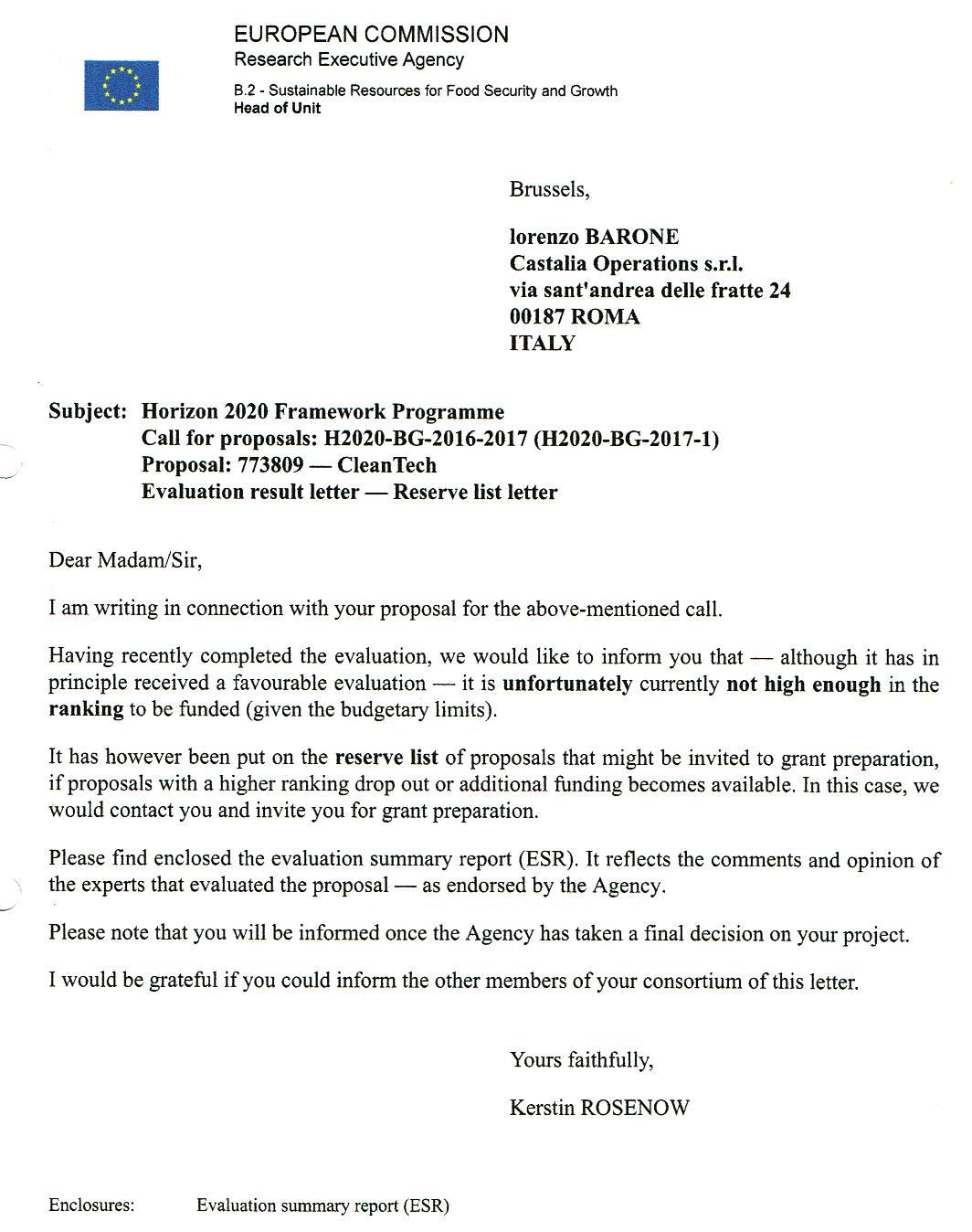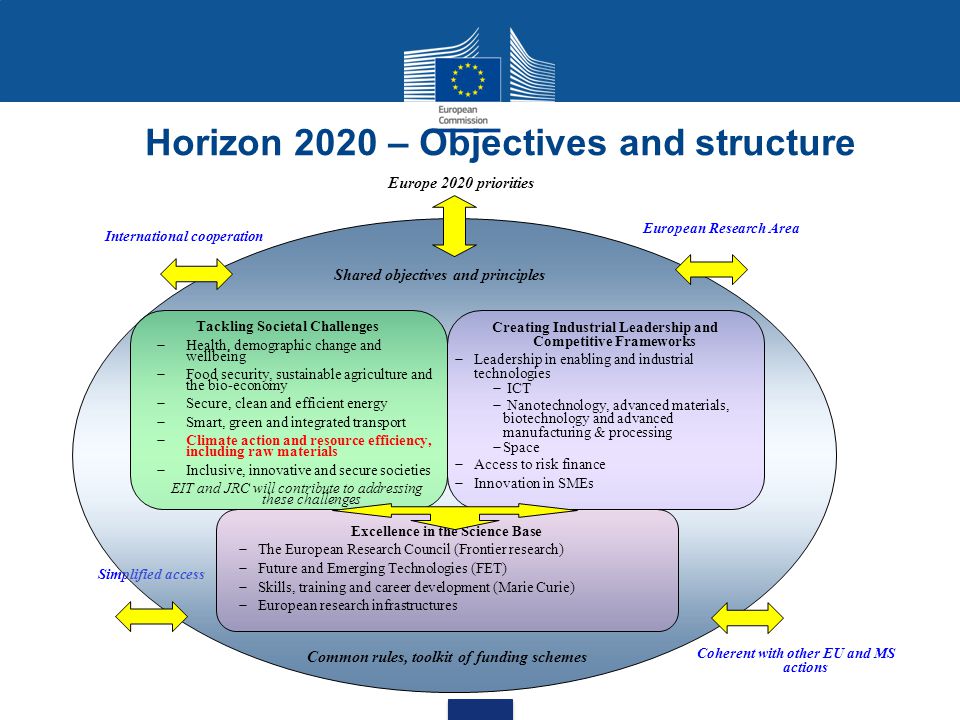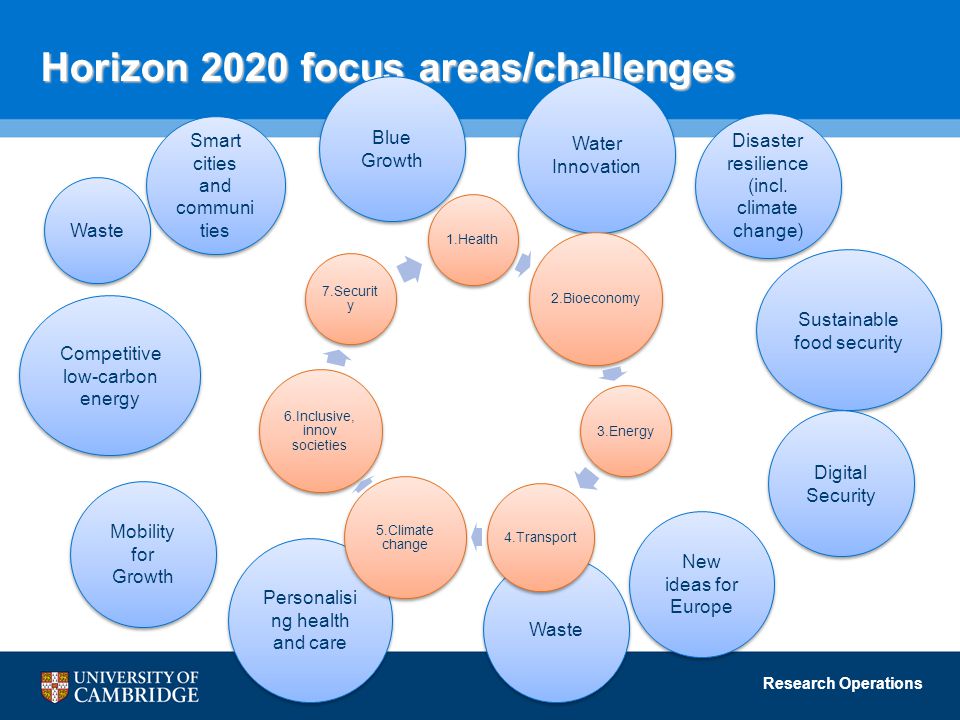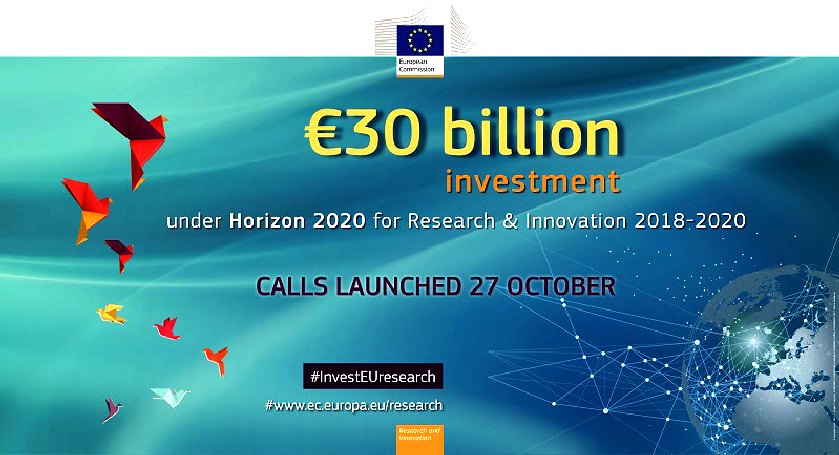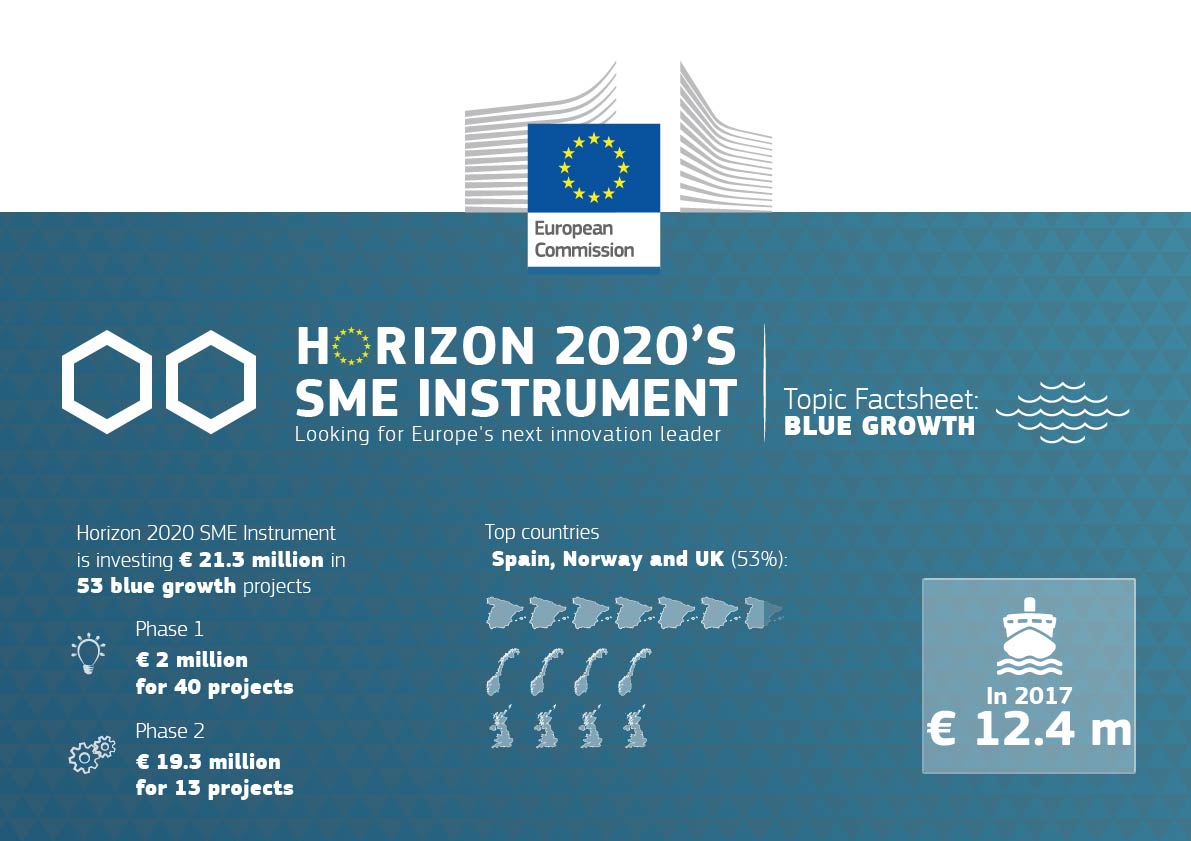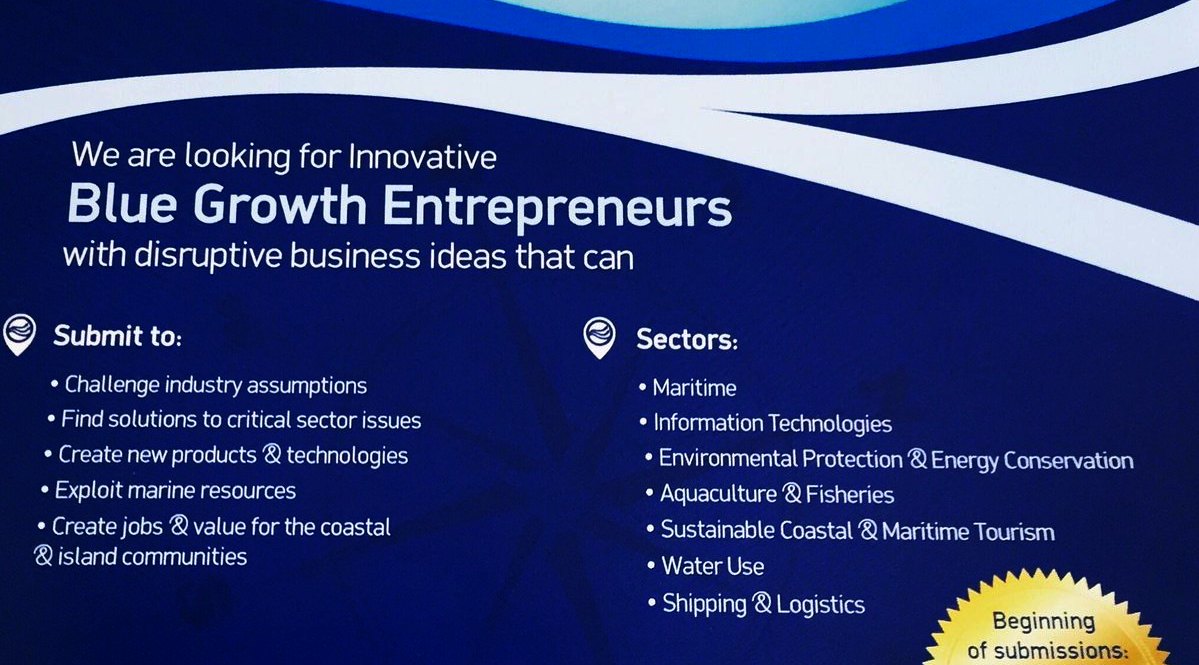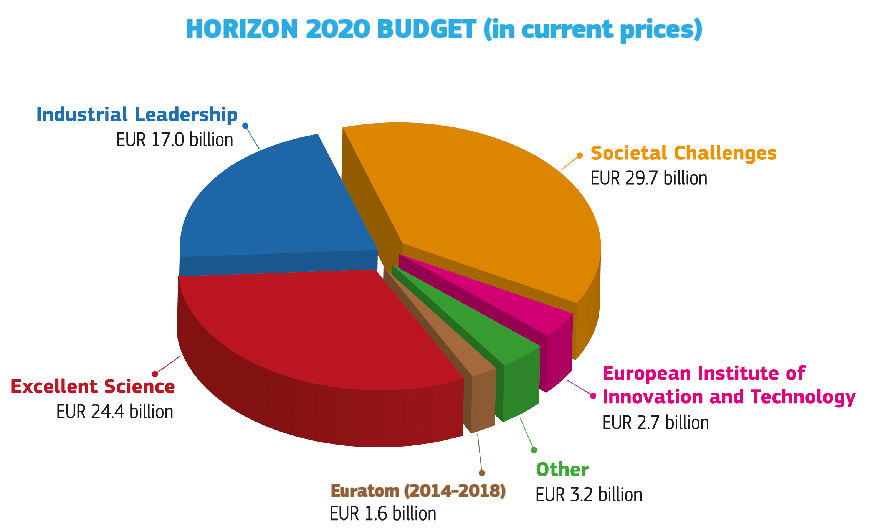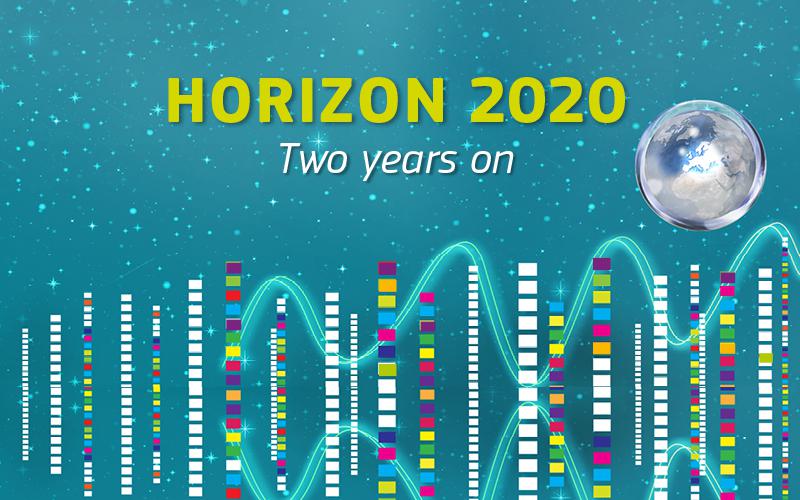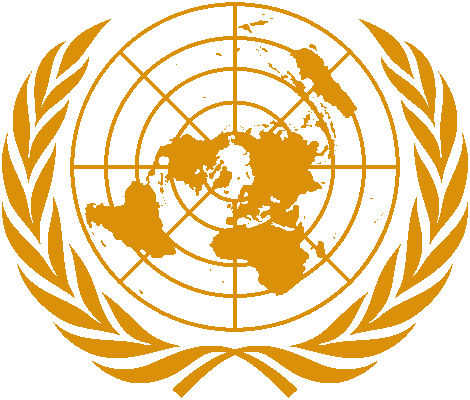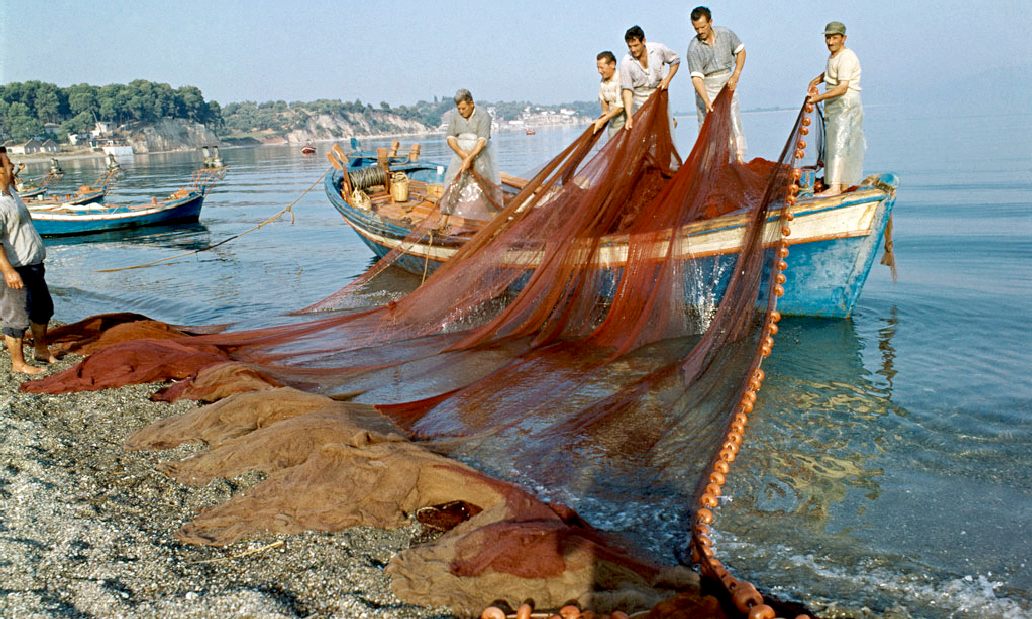|
H O R I Z O N 2 0 2 0
CLIMATE - FUEL CELLS - HOME - HYDROGEN
Please use our A-Z INDEX to navigate this site
THE COMMISSIONERS - These are the European Members of Parliament who have taken on the responsibility of running the agendas that are designed to help EU member states and the rest of the world.
In 2023, the truth about BREXIT and H2020 is surfacing, against a background of corruption allegations in the European Union. With the UK being barred by the EU as to Horizon Europe, suggesting that when the Foundation applied for funding under Horizon 2020, the the word was already out to sideline applications from the UK. If that is true, SeaVax never had a chance. Indeed, Brexit may have cost the ocean a potential clean up solution. We wonder if this is how it appears to readers?
On reflection, it seems to us like a Crypto currency lure. Inviting applications, so that the EU can steal any ideas where foreign applicants are foolish enough to believe the hype - and even more foolish in sharing proprietary knowledge - which no doubt would find its way onto a competitor's desk. And then, "oh my," how did that happen! So sue us!
Horizon 2020 was the EUs largest research and innovation funding programme, with nearly 80 billion of funding available over 7 years (2014 to 2020) and what was billed as the biggest single opportunity for UK businesses to access European funding. That is of course subject to multiple factors not least of which could include political bias, but certainly harvests ideas from applicants on a free basis, that might then be given to other parties on the QT. You should be aware of the potential for brain drain when making any application. Do not disclose details of any invention without patent protection or other agreement in place as to IPR strategy.
The round of funding calls (2018-2020) covering Excellent Science, Industrial Leadership and Societal Challenges, is coming to a close as Horizon Europe steps up to take over from H2020, but be warned that with Brexit as an issue to darken the decision making cloud, British firms could be in for a bumpy ride, the gullible British electorate having thumbed their noses at the EU.
Another problem with H2020 calls is that the rules and assessment process do not favour applications from small entities who can ill afford the massive cost of applications only to be told that their consortium is underpowered, has a weak lead, or too few members to be considered for grant funding.
The other drawback is a lack of trading record and the need for a business plan that rather rules out charities (or not for profits) that cannot trade. For this reason the Cleaner Ocean Foundation is unlikely to make (lead) any application for European funding where the risk of rejection is way too high to even consider spending time and money on making such applications. That does not rule out other concerns in Europe from taking the lead if they need an ocean cleaning platform to complement their hard or software.
SUMMARY
From our experience between 2016 - 2020, Horizon 2020 was not fit for purpose as a funding mechanism, simply because it did not get the job done:
a) It failed to yield any project that was capable of restoring the oceans.
b) It failed to incentivise any organization to take up the torch.
c) It failed to identify any entity capable, or with suitable funding support, willing to take up the torch.
The facts speak for themselves. In terms of finding workable solutions, H2020 was a failure.
Plastic and other marine litter is still being being dumped into the oceans via unregulated rivers, and there is no effective method of cleaning up the extant plastic soup that are the five gyres.
Unless there is a radical re-think on funding policies in particular, we doubt H2020 in any guise will ever be capable of providing the solution. The EU (EC) and their assessors are incapable of thinking outside the box.
In addition, the cost of filing fees and renewals, and the short life of patents, is not conducive to knowledge progression, where both ocean pollution and climate change, are drivers for change. Innovators of social solutions, that are (effectively) not for profit, cannot benefit from a system that is geared to commercial profiteering, where there is no profit in cleaning up a mess, without there being an equitable remuneration scheme.
The G20, (including the EU), will not implement any kind of reward system for mass harvesting of ocean debris (mainly plastics). The G20 will not modify the patent system to rectify the identified failings.
MAY 28 2020 SCORED TOO LOW - The 'Cleaner Ocean Foundation was part of this consortium applying for funding with what might be described as a Dream-Team of engineers and biologists.
This was an opportunity for the EC to secure an autonomous and mobile machine to clean rivers and shores of macro and micro plastic to a depth of 8 meters - at what one might describe as a bargain price.
MAY 26 2020 DESPITE MERITS - The 'Cleaner Ocean Foundation was part of this consortium applying for funding to examine micro plastics and fibers in rivers, with a view to identification and more, as part of an environmental study.
NOT RANKED HIGH ENOUGH - The 'Cleaner Ocean Foundation' is a not for profit concern that is dedicated to ocean conservation and tackling climate change. We are also keen to promote a circular economy that is sustainable where in principle good housekeeping means burning less fossil fuel. Generally, we do not qualify for Government grants. As a non trading research organization we do not have profits from which we can carve a budget to make complex applications against Horizon 2020 calls, nor do we have financial or manpower reserves to build consortiums that are necessary for such EU grants. In addition, Brexit was a complication that the Foundation could have done without.
What is clear, is that buying cheap oil and gas from Russia, was high on the agenda. Fueling the prospect of a war with Ukraine. The EU appears to have their eyes on all the wrong balls.
Is your organisation interested in H2020? Then dont miss attending these UK Information and Brokerage events!
Attendees can expect the following benefits
* pointers and tips on achieving success in Horizon 2020 * valuable insights on topics to be funded by the EU in 2018 * an overview of the support available locally and nationally to develop applications * brokerage sessions throughout the day * consortium building and proposal development on specific call topics.
The series is brought to you by a variety of hosts, including the Knowledge Transfer Network, Innovate UK, H2020 National Contact Points, the Welsh Government, Ministry of Defence, UK Space Agency, Enterprise Europe Network and SusChem UK as well as other key supporters.
BRUSSELS 27 OCTOBER 2017 - PRESS RELEASE
According to a press release in October 2017 the Commission is to invest 30 billion in new solutions for societal challenges and breakthrough innovation.
The European Commission today announced how it will spend 30 billion of the EU research and innovation funding programme Horizon 2020 during 2018-2020, including 2.7 billion to kick-start a European Innovation Council.
Horizon 2020, the EU's 77 billion research and innovation funding programme, supports scientific excellence in Europe and has contributed to high-profile scientific breakthroughs such as the discovery of exoplanets and gravitational waves. Over the next 3 years, the Commission will seek greater impact of its research funding by focusing on fewer, but critical topics such as migration, security, climate, clean energy and digital economy. Horizon 2020 will also be more geared towards boosting breakthrough, market-creating innovation.
Carlos Moedas, Commissioner for Research, Science and Innovation, said: "Artificial Intelligence, genetics, blockchain: science is at the core of today's most promising breakthrough innovations. Europe is a world leader in science and technology and will play a major role in driving innovation. The Commission is making a concerted effort including with the European Innovation Council which takes its first steps today to give Europe's many innovators a springboard to become world leading companies."
Series of confirmed events as per area of the H2020 work programme:
Societal Challenge 1 Health, Demographic Change 7th November, Cardiff (Registration now open, click here for more information)
Societal Challenge 2 Food Security, Sustainable Agriculture 31st October, London (Registration now open, click here for more information)
Societal Challenge 3 Secure, Clean and Efficient Energy 10th October, London (Registration now open, click here for more information)
Societal Challenge 4 Smart, Green and Integrated Transport 31st October, Birmingham (Registration now open, click here for more information)
Societal Challenge 5 Climate Action, Environment, Resource Efficiency Circular Economy across European Regions: Synergies and Complementarities, 21 November, London (Registration now open, click here for more information)
Circular Economy Across European Regions: Building New Collaborations Through Horizon 2020, 22 November, London (Registration now open, click here for more information)
Societal Challenge 7 Secure Societies date & venue tbc) Information and Communication Technologies 11th October, Coventry (Registration now open, click here for more information)
Nanotechnologies, Advanced Materials, Biotechnology and Advanced Manufacturing and Processing 10th October, London (Registration now open, click here for more information)
Space 3rd October, London (Registration now open, click here for more information)
HORIZON 2020 WORK PROGRAMME FROM 2018 to 2020
Brussels, 27 October 2017 - Questions and answers
What
is in the new Work Programme? Spanning seven years (2014 - 2020) and with a budget of 77 billion, Horizon 2020 is the biggest EU research and innovation funding programme ever. It is implemented via multi-annual work programmes.
Today, the European Commission presents the final Work Programme for Horizon 2020, covering the budgetary years 2018, 2019 and 2020 and representing an investment of around 30 billion.
The vast majority of this funding is allocated on the basis of competitive calls which are open to applications from researchers, businesses and other interested organisations located in any of the EU Member States or countries associated to Horizon 2020. Organisations from third countries can also participate in the projects, subject to certain conditions. All funding opportunities and related information is available on a single portal.
What
are the new features of the Work Programme? The 2018-2020 Work Programme builds on the success of Horizon 2020 so far, and takes account of the extensive interim evaluation of the programme. The Work Programme also responds to the European Commission's political prioritiesand paves the way for its successor programme.
The new features include measures to support market-creating innovation, highly integrated activities called focus areas, emphasis on better dissemination of results and a focus on open access to data. The Work Programme also includes measures to increase simplification (e.g. lump sum funding), to widen participation from less performing countries, and to address skills mismatches.
What
will the Work Programme focus on? 1. Market creating innovation
The Work Programme introduces measures to support market creating innovation, through a first phase of a European Innovation Council (EIC). This will be open to innovations in any technology or sector including novel innovations that cut across technologies and sectors.
The first phase of the EICwill support innovative firms and entrepreneurs to scale up their businesses rapidly at European and global levels, and help Europe better capture innovative ideas with the potential to create new markets and strengthen the industrial base.
With a budget of 2.7 billion, it brings together existing instruments: the SME Instrument, inducement prizes, FET-Open and Fast Track to Innovation. Further changes include making the SME instrument fully 'bottom up' so that innovative projects that cut across sectors and technologies can be supported.
For funding under the SME instrument (in Phase 2: support further development of innovative projects through activities such as testing, piloting or scaling up), the Commission also plans to introduce face-to-face interviews to the proposal evaluation system.
2. Political priorities
The Work Programme aims to address political priorities of the Commission through defining targeted research and innovation actions that can deliver significant impact.
'Focus areas' have been designed around four political priorities: a low-carbon, climate resilient future; circular economy; digitising and transforming European industry and services; and security union. These focus areas are 'virtual calls' that cut across several parts of the Work Programme and that are endowed with a substantial budget. Focus areas are expected to create an exceptional impact, addressing big ticket' challenges.
* 'Building a low Carbon, Climate-resilient Future' (budget of 3.3 billion), will align R&I investments with the climate change objectives of the Paris Climate Agreementas well as with the United Nations' Sustainable Development Goals (SDGs).The focus area will support the development of solutions to achieve carbon neutrality and climate resilience by the second half of the century.
* 'Connecting economic and environmental gains the Circular Economy' (budget of 941 million) will support the Commission's ambitious Circular Economy package. Through R&I actions a strong contribution will be made to sustainable development goals, climate action, resource efficiency, jobs and growth and industrial competitiveness.
* 'Digitising and transforming European industry and services' (budget of 1.7 billion) will address the combination of digital technologies (5G, high-performance computing, artificial intelligence, robotics, big data, Internet of Things, etc.) with innovations in other technological areas, as emphasised in the Digital Single Market strategy. This field offers huge opportunities for increasing industrial competitiveness, to create growth and jobs and to address societal challenges such as personalised medical treatments, more secure and efficient mobility, food security and sustainable use of natural resources, cleaner energy and security. In addition, a particular emphasis will be put on cybersecurity and on addressing the societal impact of the digital transformation.
* 'Boosting the effectiveness of the Security Union' (budget of 1 billion), will support the implementation of Security Union priorities such as preventing and fighting serious crime including terrorism, improving border security and protecting infrastructure against threats, including cyber-attacks. Research on security threats, in particular terrorism, cybercrime, natural and man-made disasters and hybrid threats, will underpin an innovative, effective and coordinated EU response to mitigate risks and their potential impact on European society. Horizon 2020 represents 50% of overall public funding for security research in the EU.
* Migration is a political priority which will receive dedicated support through the Work Programme. Although not defined as a focus area (the financial contribution comes from a single part of the Work Programme), more than 200 million will support research on issues such as the root causes of irregular migration, migration management and integration of migrants in host societies. The results will feed into the implementation of the European Agenda on Migration.
3. Strengthening international R&I cooperation
Cooperation is necessary to ensure the EU's scientific leadership and industrial competitiveness. By collaborating on an international scale, the EU can better deliver on global commitments in line with its external policies. The Work Programme includes around 30 flagship initiatives on topics dedicated to international cooperation in areas of mutual benefit, comprising a total budget of over 1 billion. Examples include:
* Canada personalised medicine * Africa food, nutrition security and agriculture, renewable energies * All Atlantic Research Alliance * Mission Innovation Initiative energy * US, Japan, South Korea, Singapore and Australia road transport automation * COP21 climate change action support * Russia research infrastructure * Multiple international partners safe nanotechnology
What
else is new? Apart from the EIC pilot, the final Horizon 2020 Work Programme will also pilot several other new features:
* Lump-sum pilot constitutes a new approach to cost reimbursement from a control-based to a trust-based system. Together with a bigger number of two-stage calls, this measure will reduce administrative burden and make the programme simpler for its users.
* Widening fellowshipspilot adds to the range of tools that contribute to narrowing the 'innovation divide' in Europe and putting more places on the map of excellent research and innovation. Through the Spreading Excellence and Widening Participation part of the programme,specific support will now be offered to researchers to undertake a Marie Skłodowska-Curie fellowship in a country that could do better in terms of participation in Horizon 2020.
* A disruptive innovation pilot will offer dedicated support to exceptionally promising, high-impact clean energy technologies to make the crucial final step to the market. The first series of projects will aim to crack two specific challenges in renewable energy: photovoltaic windows and the biological conversion of CO2 and renewable hydrogen to fuels.
* An ICT pilot using the mechanism of ERASMUS+ will address skills mismatches, including a shortage of specialists in information and communication technologies (ICT), that have emerged as a result of the fast-paced digital transformation. This scheme will support on-the-job learning for high education students and recent graduates and will be implemented through the mechanisms of Erasmus+. Starting in June 2018, the beneficiaries will undertake traineeships in the digital domain for up to five months. The pilot project is open to all Erasmus+ Programme Countries and to the Horizon 2020 Associated Countries.
* New 50% funding rate to some innovation actions with a high technology-readiness level aims to allow larger, high-cost demonstrator projects to be funded and to leverage commitment from the industry. Replacing the standard 70% funding rate for innovation actions, this 50% funding rate is piloted on a limited number of topics in the part of the programme covering Nanotechnologies, Advanced Materials, Advanced Manufacturing and Processing, and Biotechnology.
How
are Open Innovation, Open Science and Open to the World
reflected? Open Innovation aiming to make the most of Europe's innovation talent and enable a wider transformation of knowledge into products and services that create new markets - is supported in many parts of the programme. Apart from the main novelty, the first phase of the European Innovation Council, with a budget of 2.7 billion, the Work Programme will fund several Open Innovation test beds with over 200 million, as well as around 30 topics in the Societal Challenges pillar with around 300 million. A new 'multi-actor' approach aims to include all relevant stakeholders.
Open Science the Commission's core strategy to improve knowledge circulation and thus innovation - is promoted throughout the Work Programme, in particular the open research data approach, and the creation of a European Open Science Cloud that will offer Europe's 1.7 million researchers and 70 million science and technology professionals a virtual environment to store, share and re-use their data across disciplines and borders.
Open to the World maximising international cooperation for mutual benefit as well as tapping into global talent, innovation networks and value chains is promoted mainly by flagship initiatives in areas of mutual interest. Numbering around 30 in total, they will work with a budget of over 1 billion. Europe's Outermost Regions will also receive dedicated support. There will be an increased effort to enhance mobility paths for European researchers as well as to attract researchers to Europe.
How is Horizon 2020 funding allocated?
The Work Programme sets out a number of calls which contain predefined topics, together with the relevant budgets, conditions, and closing dates for applications. Applications are assessed by independent expert evaluators against the criteria defined in the work programme. Grant agreements are concluded with the successful applicants within a deadline which is normally eight months from call deadline.
All funding opportunities under Horizon 2020 are accessible from the Participant portal.
What is the remaining budget of Horizon 2020?
The total remaining budget for the last three years of Horizon 2020 (2018, 2019 and 2020) is 37.1 billion. Of this budget, 7.1 billion is not included in the work programme as it is managed through various public-private partnerships (3.6 billion), public-public partnerships (0.9 billion), the European Institute of Technology (1.4 billion) and the in-house activities of the Commission's Joint Research Centre (0.1 billion).
The 30 billion of the Horizon 2020 Work Programme 2018-2020 adopted today includes the Marie Skłodowska-Curie Actions (2.8 billion) and Access to Risk Finance (1.4 billion). This amount also includes the support to the ERC (6 billion) which was presented in a separate ERC Work Programme in August. A separate Work Programme was also presented today for research carried out within the framework of the Euratom Treaty.
Related KTN activities around H2020:
CONTACTS
The
Knowledge Transfer Network is Innovate UKs network partner and also provides innovation networking and support for other funders in line with its mission to drive UK growth.
They are active across the whole of the
United Kingdom and work out of the following hubs: KTN
HUBS:
WARNING: APPLYING FOR EU GRANTS IS AN EXTREMELY COMPLEX AND TIME CONSUMING, HENCE EXPENSIVE, EXERCISE THAT IS NOT SUITABLE FOR START UPS - WHERE THE COMMISSION SIMPLY WANT VOLUME APPLICATIONS THAT GIVE THEM A WIDER CHOICE. THERE IS NO MECHANISM FOR TESTING A POTENTIAL IDEA FOR ACCEPTANCE, OTHER THAN APPLYING UNDER ONE OF THEIR GENERAL HEADINGS. UNLESS A CALL IS 100% ON POINT AND YOU HAVE THE FUNDS TO PUT TOGETHER WHAT AMOUNTS TO AN INTRICATE BUSINESS PROPOSAL - WHY RISK WHAT RESOURCES YOU HAVE - CONSIDER INSTEAD, CROWD FUNDING OR COMMERCIAL SPONSORSHIP. THE ADVERTISED H2020 SME INSTRUMENT CALL IS REPRODUCED BELOW FOR REFLECTION. SOCIAL R&D IS NOT A COMMERCIAL INVESTMENT, MEANING THAT MONIES RAISED FROM BANKS OR VENTURE CAPITALISTS CANNOT DO ANYTHING ELSE BUT LEAD TO INSOLVENCY AND TAKEOVER.
Finance Enquiries -
For any finance questions or issues please contact KTN via the following:
LINKS & REFERENCE
https://ec.europa.eu/
SUSTAINABLE FISHING: UN picture of fishermen in Evia, Greece fishing using nets from small boats as they have for hundreds of years without destroying our fisheries. Marine capture fisheries are a critical component for food security. Their production is close to the maximum ecosystem productivity (NRC 2006), cannot be increased substantially in the future and could decline if not properly managed, leaving the world to solve a significant new food deficit.
This website is provided on a free basis as a public information service. copyright © Cleaner Oceans Foundation Ltd (COFL) (Company No: 4674774) 2023. Solar Studios, BN271RF, United Kingdom. COFL is a charity without share capital.
The names AmphiMax, RiverVax and SeaVax are trade names used under license by COF in connection with their 'Feed The World' ocean cleaning sustainability campaign.
|
